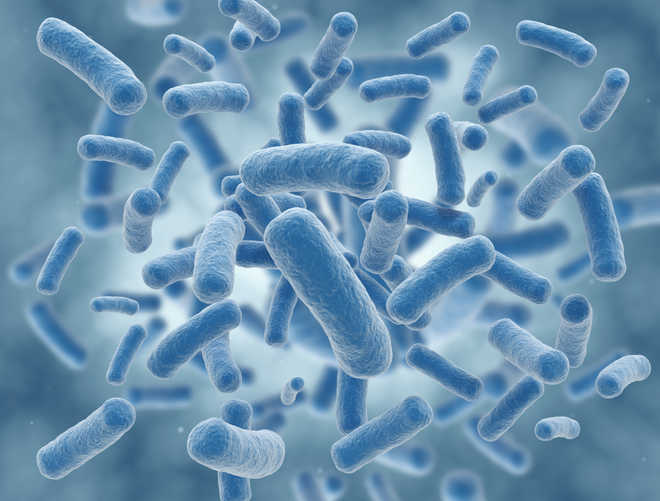
Thinkstock photo for representation only.
New York, October 7
Antibiotic resistance can be passed between bacteria found in the soil, researchers, including one of Indian origin, have found.
Researchers from North Carolina State University in the US studied antibiotic resistance and how it can persist and spread among food animals, humans and the environment they all share.
The study, published in the journal Applied and Environmental Microbiology, found that spreading manure on the ground as fertiliser can also spread antibiotic resistance to bacteria in the soil.
Bacteria contain small DNA molecules known as plasmids.
These plasmids are separate from the bacteria’s actual DNA, and can pick up and exchange genes between bacteria.
“Picture a group of people staying in your house, cooking their own food and taking care of themselves independently of what the family is doing. That is the relationship plasmids have to bacteria’s DNA,” said Sid Thakur, an associate professor at NC State.
“Then picture these plasmid “house guests” shipping items that they select from your house to your neighbour’s house, and receiving packages in return,” he said.
Essentially, that is what the plasmids are doing with genes – including genes that give the bacteria’s “home” the ability to become resistant to antibiotics, researchers said.
The researchers took soil samples from a swine farm prior to and for three weeks after a manure spread.
They had previously tested the manure for antibiotic resistant strains of salmonella, a pathogen responsible for causing the highest number of bacterial food borne illnesses in the US every year.
After sampling the soil, researchers found that antibiotic-resistant salmonella bacteria were still present in the manure up to 21 days after it had been spread.
They also discovered that a particular plasmid associated with the antibiotic-resistant salmonella from the manure, which weighed around 95 kilo-base (kb), was now turning up in different salmonella serotypes from the soil samples and every serotype with plasmid 95 kb was now resistant to antibiotics.
“This tells us that this particular plasmid is shuttling across different serotypes,” said Thakur.
“It could explain why we find antibiotic resistant salmonella strains even on farms that do not use antibiotics.
It seems that once antibiotic resistance takes hold, it doesn’t go away. These bacteria are simply better equipped to survive and so they prosper,” he added. — PTI



























